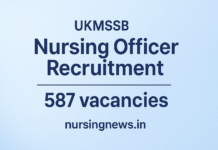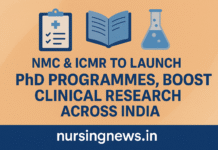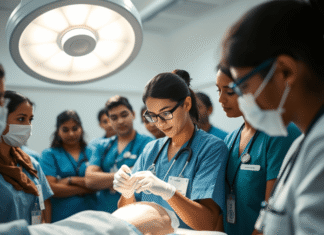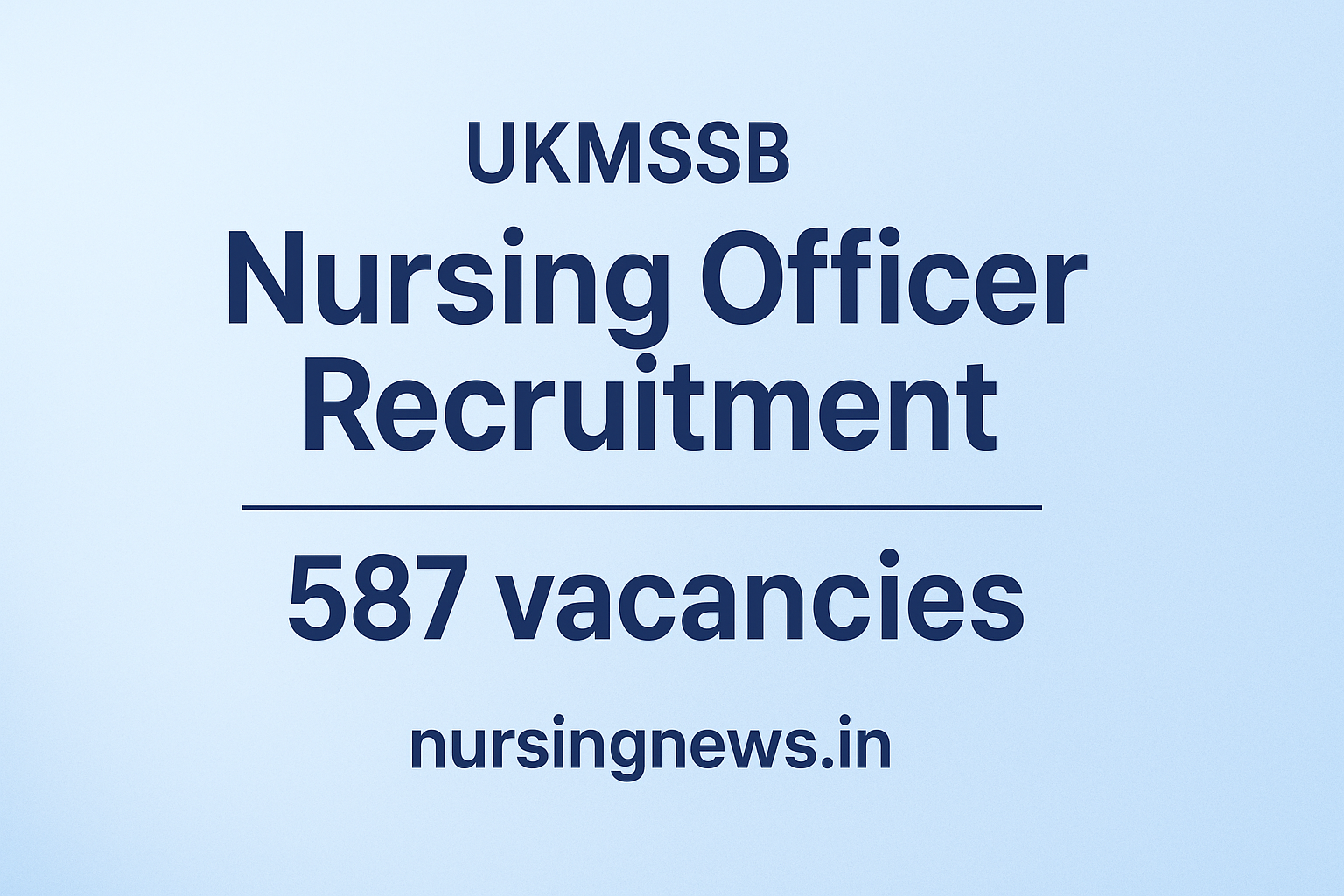The Ayushman Bharat Digital Mission (ABDM) has recently launched a new initiative that has revolutionized the way patients register for Outpatient Department (OPD) services at hospitals in India. The new initiative enables patients to use their smartphones to scan a QR code and share their verified demographic data with hospitals’ Health Management Information Systems (HMIS) with just one click. This has drastically reduced the waiting time for patients and ensured accurate data entry into the HMIS, doing away with the need for patients to stand in long queues.
The ABDM has enabled approximately 418 facilities in 26 states and union territories to use the scan and share functionality. Since the launch of the initiative, around 10 lakh patients have generated their OP slip in just 2-5 minutes using the ABDM scan and share functionality compared to standing in long queues for hours. This has been a significant improvement in the healthcare system of India, where long queues and waiting times have been a persistent problem for patients seeking medical services.
The QR codes are displayed at multiple places in the waiting and registration areas, making it easy for patients to identify them and scan them using their smartphones for faster OPD registration. Various ABDM-enabled smartphone Personal Health Record (PHR) players in the market allow individuals to create their Ayushman Bharat Health Account (ABHA) number, link and store their health records against their ABHA number and share them with health facilities for various care purposes. These applications also enable the scanning of QR codes in the OPD registration area, allowing individuals to transfer their demographic information, including their name, age, gender, and ABHA number, to the HMIS of the hospital concerned.
Once the hospital’s HMIS solution consumes this information, it generates a token number or queue number for the patients. This token number is then sent to the mobile phone of the patients who can wait at designated areas until their token number is displayed on the overhead screens. Once a patient’s token number is displayed on the screen, they can go to the counter, and the operator retrieves the demographic details from the system based on the token number and prints the OPD card. This process drastically reduces the wait time for patients and ensures accurate data entry into the HMIS, doing away with the need for patients to stand in long queues.
The QR code-based OPD registration service has allowed patients to scan the hospital’s unique QR code with their mobile phones using a phone camera, scanner, ABHA app, Arogya Setu app, or any other ABDM-enabled app and share their profile details with the hospital. This has been a game-changer in the healthcare system of India, where patients have had to stand in long queues to register for OPD services.
One of the significant benefits of this initiative is reduced waiting time for patients. Previously, patients would have to stand in long queues for hours to register for OPD services. With the introduction of the QR code-based solution, patients can generate their OP slip in just 2-5 minutes. This has been a significant improvement in the healthcare system of India, where long queues and waiting times have been a persistent problem for patients seeking medical services.
Another benefit of this initiative is accurate data entry into the HMIS. In the past, incomplete and inaccurate data have been a persistent problem in the healthcare system of India. With the introduction of the QR code-based solution, accurate data entry into the HMIS has been ensured, doing away with the need for patients to stand in long queues.
The CEO of NHA stated that the Scan and Share service is part of ABDM’s goal to create a digital healthcare delivery system. By using the ABHA profile for direct sharing, hospitals can offer patients a seamless digital registration process that saves time and eliminates the need for lengthy manual data entry. Currently, the daily average for OPD tokens generated through this feature is about 25,000, but the aim is to reach 1 lakh tokens per day soon. Additionally, there are plans to expand this feature for other patient-provider interactions.
The third benefit of this initiative is linked health records. Various ABDM-enabled smartphone Personal Health Record (PHR) players in the market allow individuals to create their Ayushman Bharat Health Account (ABHA) number, link and store their health records against their ABHA number and share them with hospitals.
The introduction of this service by NHA took place on October 6, 2022, at Lady Hardinge Medical College (LHMC) & Smt. Sucheta Kriplani Hospital (SSKH) in New Delhi. Ever since its inception, this innovative initiative has garnered widespread adoption, with over 443 hospitals spanning 147 districts implementing the service and helping patients save valuable time they would otherwise spend waiting in OPD registration queues on a daily basis.
Distinguished healthcare facilities such as AIIMS-Raipur, NDMC Charak Palika Hospital-New Delhi, LHMC & SSKH-New Delhi, Sir C V Raman General Hospital-Bengaluru, and L B R N Joint Hospital, Kanpur Road-Lucknow are among the many establishments facilitating more than 25,000 patients every day through the ABHA-based Scan and Share functionality.









